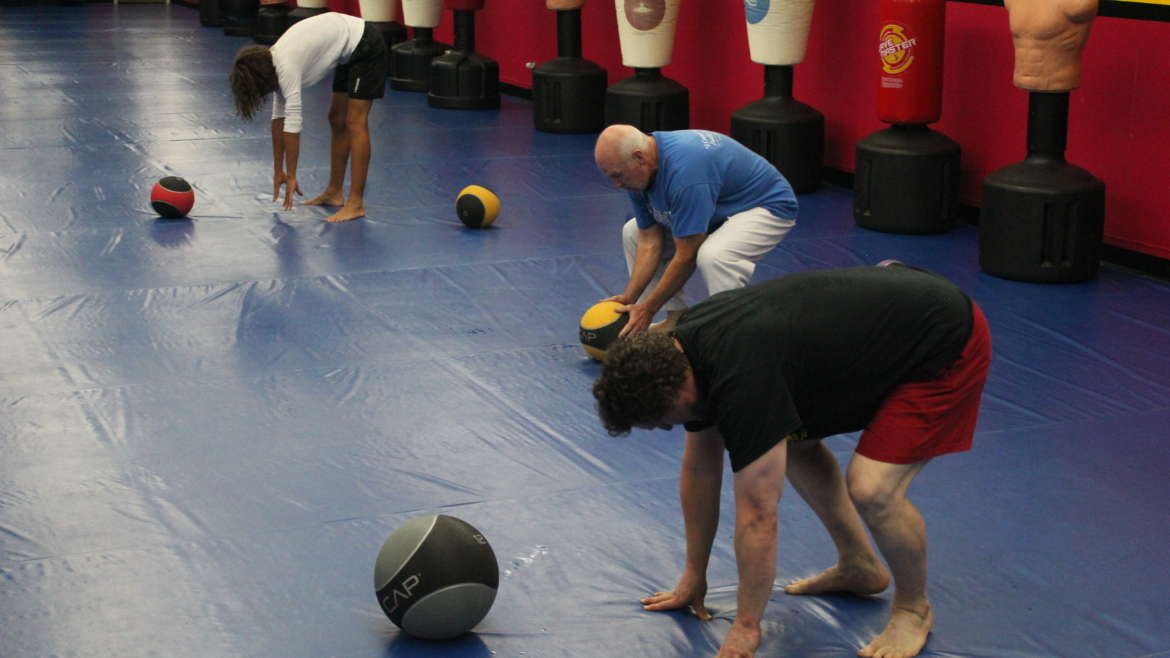With the holidays quickly approaching, you can begin to think about holiday safety too soon. In fact, it’s often the one thing we completely neglect to think about until confronted with a situation. Below are just a few tips on staying safe while enjoying the holiday season.
- OFF TO AN EVENT
This is the time of year that we gather with loved ones to go to holiday festivals, ice skating or other outdoor events where you will be in public with many other people. Have a good time but stay aware.
- Take as few vehicles as possible. Limiting the number of vehicles used allows you to keep track of where everyone is. It also allows for a designated “start-stop” time to leave the location as a group. If you all arrive together, you are likely to all leave together and no says “I thought he/she was with you”.
- Pay attention to where you park. This is especially when travelling alone. Whenever possible, don’t park next to a large van or in an area dominated by larger vehicles. It makes it difficult for you to see anyone coming up to you. It will also make it more difficult to spot your vehicle when it is time to leave.
- Have an agreed upon time to leave or a “check-in” procedure if separated. It is entirely likely that with a large group, not everyone is going to want to see or do the same things. Even choosing a meal time and location can be challenging. And, of course, generally everyone has a cell phone these days, but they can get lost or stolen and batteries die. However, if everyone knows “we meet at the front entrance near Gate 1A at 4pm” you are likely going to have better results.
- WHEN TRAVELING WITH CHILDREN
Holidays and vacations mean the kids are out of school. Sometimes the opportunity to do something special comes up unexpectedly. Try to be ready.
- Play a game of “what am I wearing?” A week before going to a major event (i.e. holiday festival, amusement park, concert with a child), plan to play a game called “what am I wearing?”. This “game” is designed to help bring separated loved ones together in difficult situations. The parent or guardian of a child agrees to try to remember exactly what the child is wearing for 3 out of the 5 days of school.
The way it is played is the child gets dressed and comes downstairs for breakfast or to grab their lunch. This is so they are “seen” by the parent or guardian. Then the child leaves the room and comes back in the room with a blanket around them saying “what am I wearing today?” This is good preparation for any time you may be separated from a child, including a disaster or other state of emergency. This is even more important if you are leaving the state or country, even for just a few days.
- Develop a safe word. This has proven to be a very effective way to potentially keep a child from being abducted. A “safe word” is a word that only the parent or guardian and the child are aware of to let them know it is ok to go somewhere with a person they do not know. The word shouldn’t be shared with individuals outside the family unless absolutely necessary (i.e. in a case of real emergency). As we know, too often a child is harmed by someone they already know, and this person is considered worthy of trust. A different safe word should be created for each child in the family. Also, if the word is ever used, (and has become “public knowledge” on some level) you want to change it.
- If chaperoning someone else’s children, make sure you ask about food allergies or medical conditions. Some allergies are quite severe so something like eating peanut butter in the presence of an allergic child can truly be life-threatening. The parent of a child who knows they have allergies will likely be on top of the situation. However, there’s always a first time so make sure you know who to contact in case of an emergency. With a child who has been identified as severely allergic, make careful choices about where to eat, taking into consideration if the facility takes the proper precautions to avoid contamination. You may also want to inquire with the parent or guardian about whether an EpiPen (Epinephrine Auto-Injector) is available. Some of these pens need to be refrigerated.
These are the first of many holiday safety articles that will appear on this site. You can also look for regular video clips to accompany future tips on safety and self-defense.
Until next time,
James Hirth
Instructor
Chung’s Martial Arts

